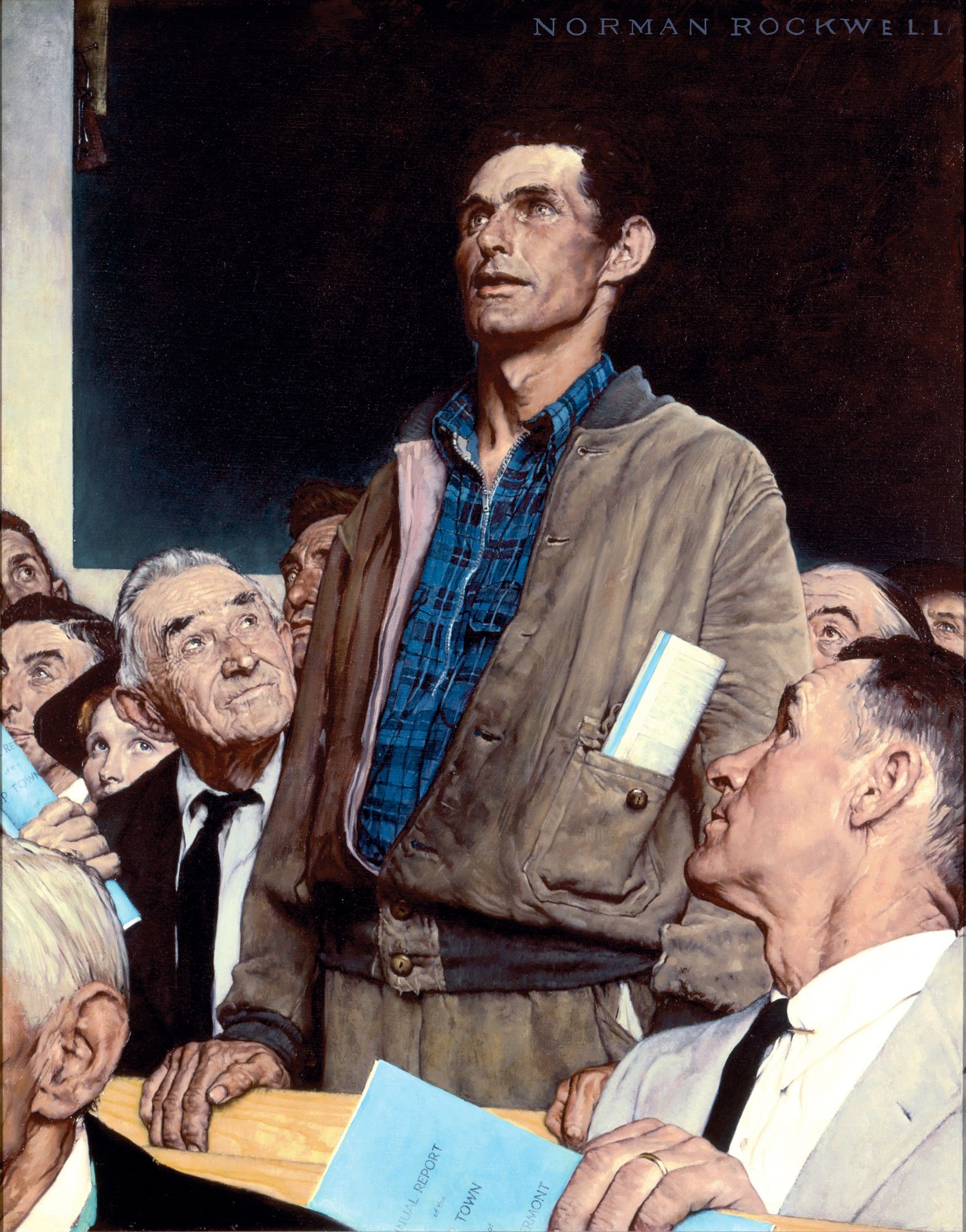How Does An Escrow Account Work?

If you’re in the process of purchasing a house, you will hear the term escrow quite a few times. An escrow is a legal arrangement. In this arrangement, a third party holds money or property until certain conditions are met.
Escrow Accounts for Buying a House
When you buy a house, you’ll sign a purchase agreement. That purchase agreement usually includes a requirement to pay earnest money, also known as a good faith deposit. This is meant to show you’re serious about buying the house. You might include a personal check of 1-2% of the purchase price when you make an offer on the house, although it can be more depending on the market.
If your contract falls through and it’s your fault as the buyer, the seller will probably get to keep this money. If your offer is rejected, you get the money back.
If the home purchase goes through, then the deposit gets applied to your down payment as the buyer.
An escrow account is set up to protect a buyer and a seller, and the deposit is held there. Your good faith deposit stays in this escrow account until you close, at which point your cash goes toward your down payment.
Funds might also be held in escrow beyond the sale of the home, which is an escrow holdback. An escrow holdback can happen for a number of reasons. For example, maybe when you did your final walkthrough, there was something wrong with the house.
If you buy a new house, the money might stay in the escrow account until you sign off on the work, and then when the conditions are met, the money is released.
Taxes and Insurance
After buying a house, your lender sets up an escrow account from which your insurance and taxes are paid. Once your closing is complete, the mortgage servicer takes part of your monthly mortgage payment, holding it in the escrow account until your insurance and tax payments are due.
The amount needed for escrow changes. Your tax bill and your insurance premiums can change yearly.
Your mortgage servicer determines your escrow payments for the upcoming year based on what they paid the previous year. To ensure there’s enough money in escrow, lenders usually require at least two months of additional payments to be held in the account.
Lenders will check an escrow account annually to ensure they aren’t collecting too little or too much. If they determine when analyzing it that they’ve collected too much for your taxes and insurance, they’ll give you an escrow refund.
If they collected too little, you might need to cover the difference.
Who Manages These Accounts?
In Vermont, an escrow agent holds the contract deposit or escrow holdback. The escrow agent is typically the listing Realtor or attorney for the seller.
Your mortgage servicer manages your mortgage from when you close until you pay it off. A mortgage servicer is responsible for collecting mortgage payments and maintaining the records of your payments, along with managing the tax and insurance escrow account.










